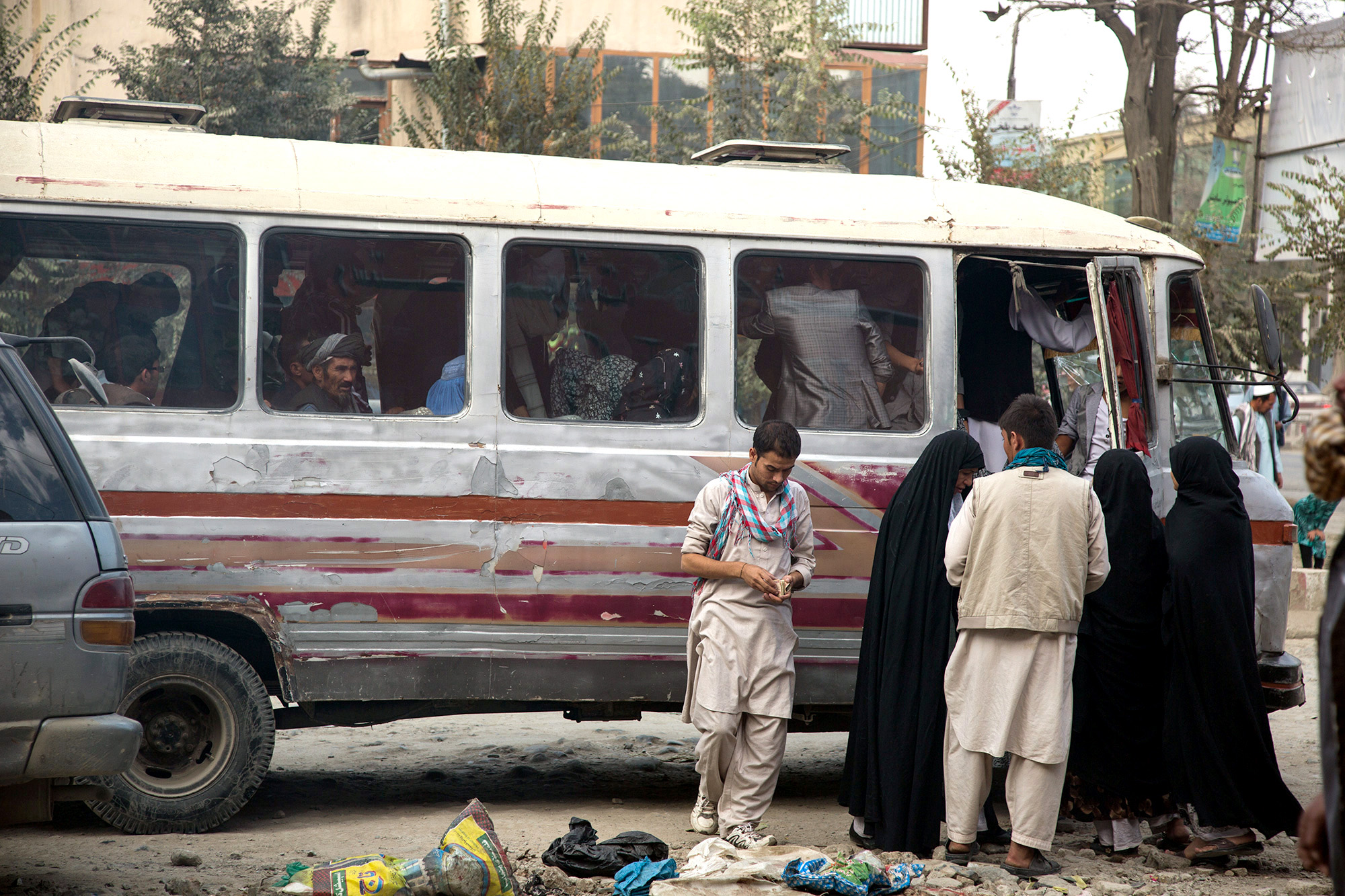
AFGHANISTAN (BP) — Reza* appears frail. He hobbles on a wounded leg. Haunted by his family’s past and weighed down by a future full of threats, the young man appears much older than his years.
Reza’s father was an intellectual activist who worked tirelessly for the people of Afghanistan. His family paid the price for his dedication. Reza recalls that his father refused to leave the country during many difficult years — even after he was threatened by both Soviet forces and the Taliban.
“My father was involved with the government, but wasn’t political,” Reza explained. “He just wanted to help all people of Afghanistan.”
He added, “The Afghan people misunderstood my father.”
Reza’s father was educated in Europe and had traveled extensively. He wanted to share what he’d learned abroad with his countrymen. Rather than being respected, he was viewed with deep suspicion by his neighbors. Despite opposition, he persevered, advocating for education as a way out of poverty and oppression. His labors were rewarded in the family’s possessions being confiscated five different times. In the end, Reza’s family had to flee the country, barely escaping before the Taliban assumed control.
Reza explained, “Afghanistan has explosive politics. In the past, the government would change every year or two.” He added sadly, “The constant change was a catastrophe.”
The upheaval that defined Reza’s life caused him to become cynical. As a young man he vowed not to follow in his father’s footsteps. Reza asked his father, “If people aren’t grateful, why fight for them?”
Disillusioned by years of battles, his father responded, “Son, you are smart for not risking things for a cause.”
Reza’s father was caught and beaten by the Taliban. When his wounds wouldn’t heal, it was discovered that he was a hemophiliac. Reza’s father eventually died from his injuries.
Reza deeply misses his father. “My father was a representative of God for me,” he recalled.
The devastating loss of his father has gravely affected Reza’s view of his country. He states emphatically, “Afghanistan is not a Third World country — it is a Stone Age country.”
If Reza’s appraisal of Afghanistan is true, then the country’s path to a peaceful existence could be longer than estimated or nearly impassable. Many in Afghanistan fear a return to the “time of the gun,” a period of lawlessness when gangs terrorized neighborhoods, going from house to house dragging men, women and children into the streets to kill them.
Recently, Reza’s family was violently attacked again. In the summer of 2013, his younger brother, Hamid,* was going to visit his fiancée when four men attacked him on a residential street in Kabul. They stabbed and shot him, leaving him for dead. He was rushed to a hospital in Pakistan, where doctors gave him little chance of survival since, like his father, he was also hemophiliac. After receiving 25 pints of blood, Hamid miraculously recovered five days later.
Hamid survived, but the brutality of the experience changed him. “I am not the same person,” he confessed, “I feel like the old person died.”
Both Reza and Hamid believe that the attack was planned and that Hamid had been followed for days. When asked about the future of Afghanistan once American forces leave Afghanistan, Reza stated plainly, “You can say 30 percent good and 70 percent bad.” Then he added bleakly, “I can say 100 percent sure that Afghanistan will collapse without the Americans here.”
If the country collapses, increased ethnic tensions and fighting among rival groups vying for power could become a large part of the country’s downfall. And the Taliban would only be one of myriad combatants. Over the last two decades, Afghanistan’s warlords have grown their cache of weapons, Reza says. He also doubts reports of confiscated weapons from Afghan citizens. He contended weapons have flowed into Afghanistan from neighboring countries, especially from Pakistan.
“Every Afghan house will produce 10 guns if things turn bad,” he said.
Reza said he sees no strong leader who can unite a country sharply divided by distrust. Since the United States announced the removal of fighting forces, Afghans have been hesitant to continue to provide help to the American military. Many of them, Reza noted, fear being targeted for aiding foreign troops.
Despite the troubles visited on his family, Reza said he loves his country. He wishes for peace to settle in Afghanistan. If there is peace, if Afghans can feed themselves and live safely with their families, the country will thrive, he said.
Reza’s hope for his country appears to be pinned on people like his father — men who have traveled and experienced life in peaceful countries and have a burning desire to bring that peace and prosperity to their neighbors. When he sees these men returning to Afghanistan to inspire others, he said he is optimistic about the future.
Like Reza’s brother Hamid, Afghanistan has been severely wounded. The country is in need of a miracle. Afghanistan needs “representatives of God,” to serve the people and to walk alongside them on the long path to peace.
Pray
Join believers around the world in a prayer emphasis for Afghanistan from September 1-11. Order a free prayer guide now and join in praying for peace, reconciliation, restoration and hope in Afghanistan. For more information and resources about Afghanistan click here.
Go deeper by listening to Mr. Hussain, an Afghan believer, recount his personal testimony and explain his thoughts on the most critical prayer needs of Afghanistan. Pastors and small group leaders may find this audio to be a useful tool in equipping their people to pray for Afghanistan.
–30–
*Name changed. Photos do not represent individuals in the story. Ralph Brock is a writer for Baptist Press’s London bureau. Get Baptist Press headlines and breaking news on Twitter (@BaptistPress), Facebook (Facebook.com/BaptistPress) and in your email (baptistpress.com/SubscribeBP.asp).
















